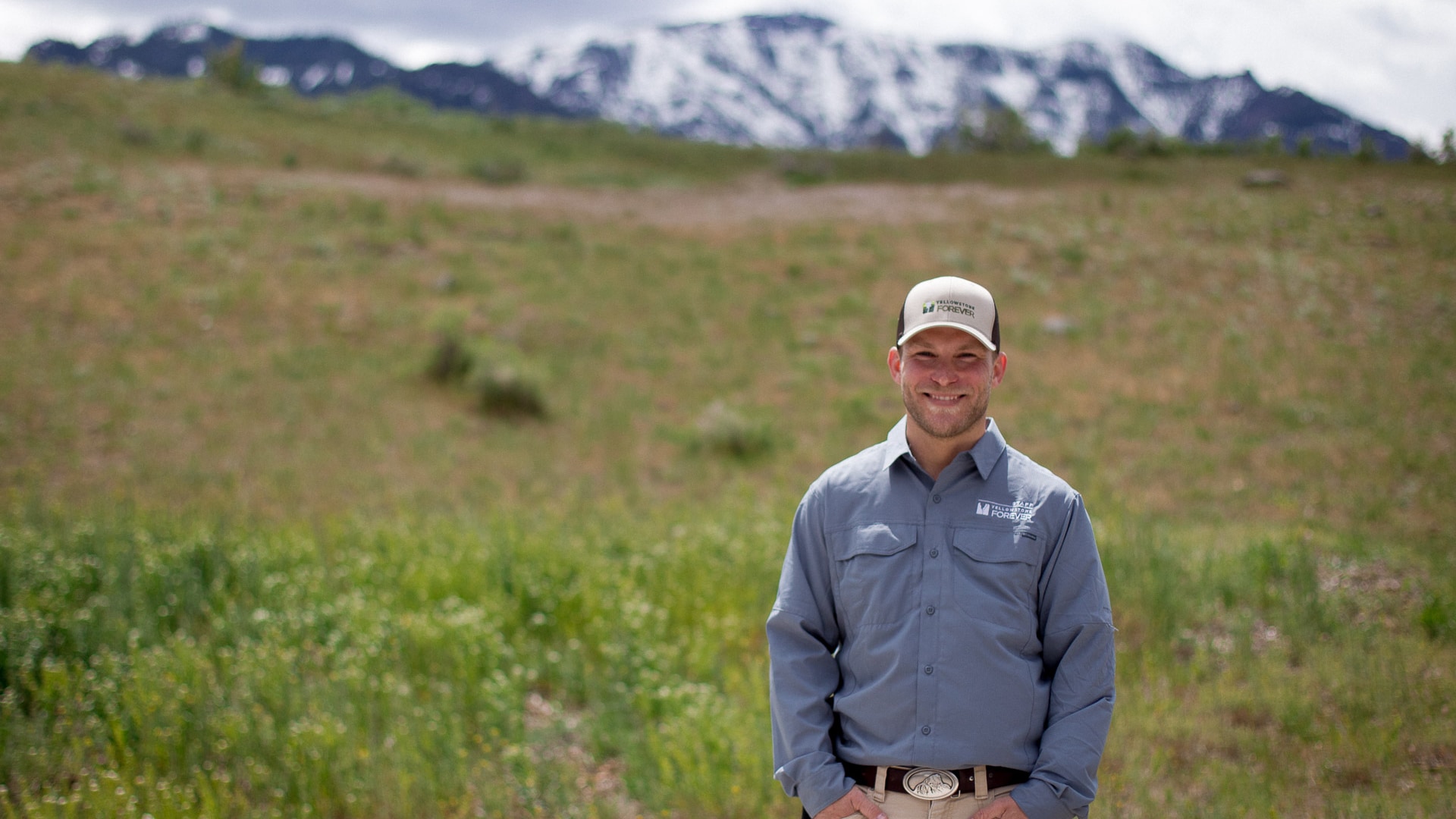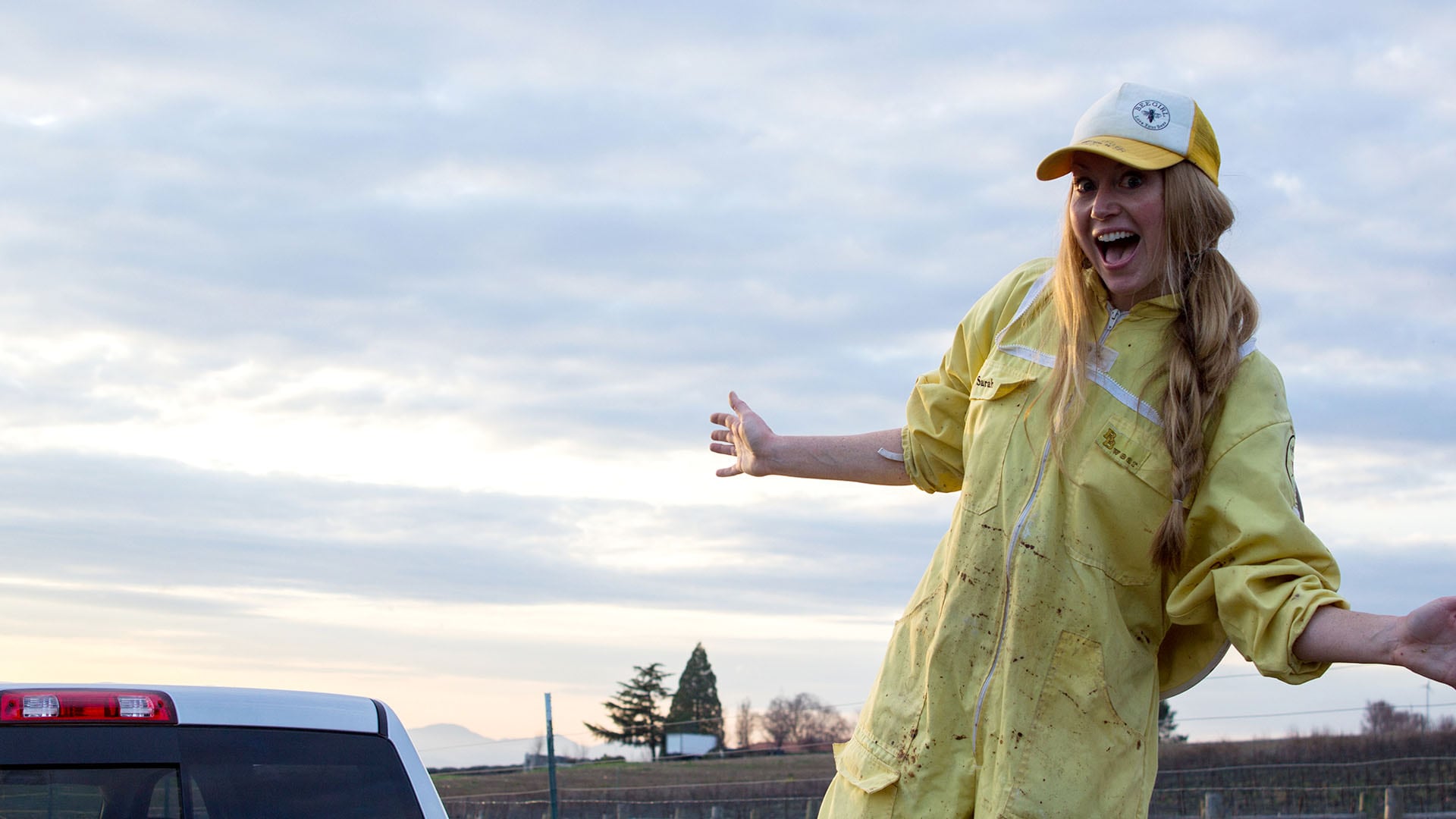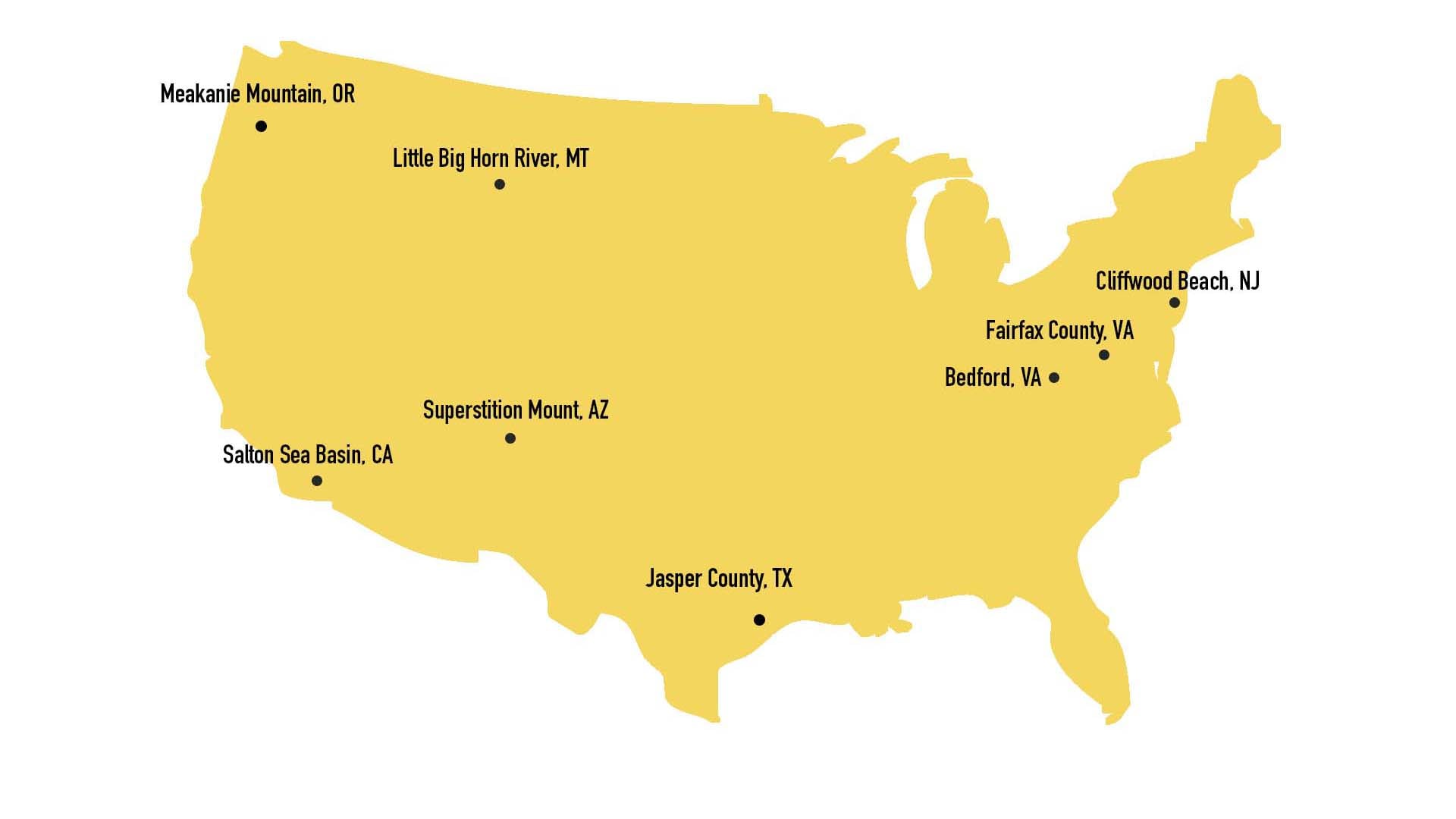Preserve a Hiking Trail

Story by Jesse Hirsch
Jesse lives in Brooklyn, where he writes about food, agriculture and travel.
Find out when and where you can help rebuild America’s trails.
For many outdoor enthusiasts, hiking trails are a source of restoration. They can restore our energy and vitality, which have been sapped away with a sedentary, indoor lifestyle. They can restore our morale after life deals us a few crummy hands. They can restore our sense of wonderment, the kind that’s difficult to replicate in populated, developed areas.
But for all the ways we are restored while hiking trails, how do we give something back? Is there a way to provide ailing trails with the restoration they need? You better believe it.
The United States boasts thousands of miles of beautiful trails, reaching into some of our most remote and wondrous areas. But over the years, through weather and foot traffic and natural wear-and-tear, these trails can lose some of their luster. The paths can become unclear, blocked with debris and even dangerous. For many hikers, pitching in to restore these trails is a satisfying way to say, “Thanks for everything.”
There are many official restoration projects across the country; we’ve included some worthwhile ones here. It’s a perfect chance to gather friends and loved ones (or head out on your own), take in the fresh air and know you’ve given something back to the trails that have given us so much.

Trail restoration volunteers. Photo by Emanuel Vinkler
Wildlands Restoration Volunteers, Colorado/Southern Wyoming
Wildlands Restoration Volunteers (WLRV) is a passionate, well-organized group that oversees dozens of restoration projects throughout Colorado and parts of Wyoming. If you check out their schedule of upcoming projects, you’ll find each one broken down by difficulty level, number of volunteers needed, project duration, age suggestions and a description of the work to be done. Typical tasks could be removal of an invasive tree species, a day of pollinator habitat restoration or the installation of “beaver dam analogues.”

Hiking in Wyoming. Photo by Getty Images
Manoa Cliff Restoration, Hawaii
Who doesn’t want a chance to spend some time in Hawaii’s storied rainforest, helping restore some native habitats? The Manoa Cliff Restoration Project has a specific goal: to protect and promote native plant growth. A combination of rapidly spreading invasive weeds along with destruction wreaked by wild pigs (a big problem in Hawaii) has led to the decline of native plants along the Manoa Cliff trails. Thus, volunteers end up doing a lot of flora-focused work, rolling up their sleeves and digging in. Restoration happens every Sunday at 9 a.m.; find more information here.

Manoa Falls. Photo by Getty Images
Jordan River Restoration Project, Utah
The Jordan River, a 51-mile waterway that empties into the Great Salt Lake, suffered from years of decline but has been turned around recently. That doesn’t mean more work isn’t needed, however. The Jordan River Commission has a slate of restoration projects for the river and its surrounding trails. Some of the goals include improving habitat for migratory birds, shoring up riverbank erosion and improving opportunities for visitors to observe native ecosystems. The commission holds monthly public volunteer days, or you can schedule a dedicated project day with your own group of volunteers. Find more information here.

Jordan River. Photo by Getty Images
Appalachian Trail Conservancy, Various States
The Appalachian Trail is the elder statesman of East Coast trails, a 2,200-mile trail stretching from Maine to Georgia. Naturally, it requires quite a bit of work to maintain optimal hiking conditions. The Appalachian Trail Conservancy runs many volunteer “trail crews” along various sections of the trail. Through 31 trail maintenance clubs, more than 6,000 volunteers are working on projects; do you want to be one of them?

Saddleback Mountain on the Appalachian Trail. Photo by Getty Images
Pacific Crest Trail Association, California/Oregon/Washington
The Pacific Crest Trail is the arduous north-south trail that stretches from Southern California to the Canadian border, kind of a West Coast analog to the Appalachian Trail. This 2,569-mile behemoth requires a massive amount of upkeep; the Pacific Crest Trail Association is always looking for volunteers. There are a variety of projects requiring all levels of physical fitness. The PCTA provides all the gear, food and drinking water for volunteers and even makes accommodations for overnight projects. Find more information here.

Pacific Crest Trail. Photo by Getty Images
New York/New Jersey Trail Conference, New York/New Jersey
Overseeing an extensive network of trails in two states, the New York/New Jersey Trail Conference is always working to restore and maintain natural habitats. In addition to public events, the conference runs a variety of trail crew volunteering opportunities. During warm weather, trails are built and repaired almost every day, leaving you little excuse not to get involved!

Hiking in New Jersey. Photo by Getty Images
The Long Trail, Vermont
The Long Trail is the oldest long-distance hiking trail in America. Established in 1910 by the Green Mountain Club, it now stretches the length of Vermont. The club also maintains the Appalachian Trail in Vermont and trails in the Northeast Kingdom in its mission to "make the Vermont mountains play a larger part in the life of the people."

Burnt Rock. Photo by Jocelyn Hebert
Related Articles
- Appalachian Trail Names
- Appalachian Trail Guides
- Preserve a Trail
- Best Section Hikes on the Appalachian Trail



